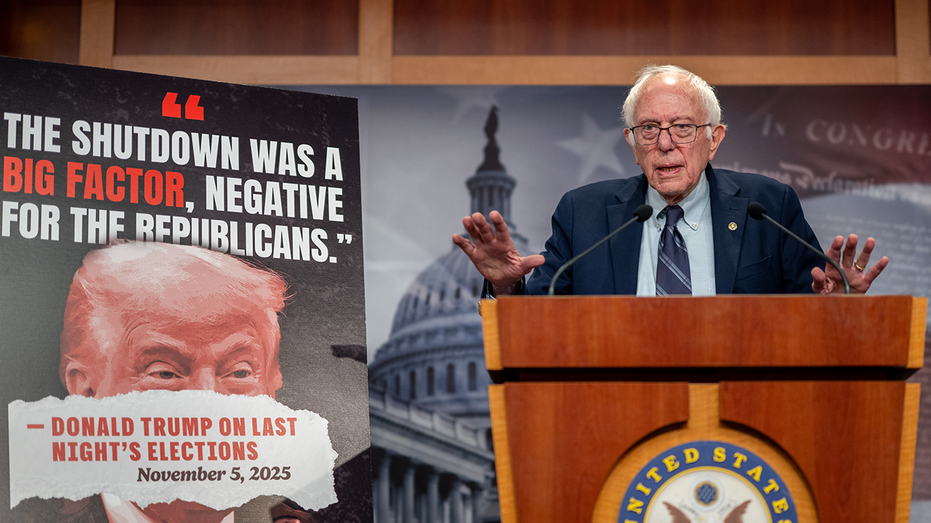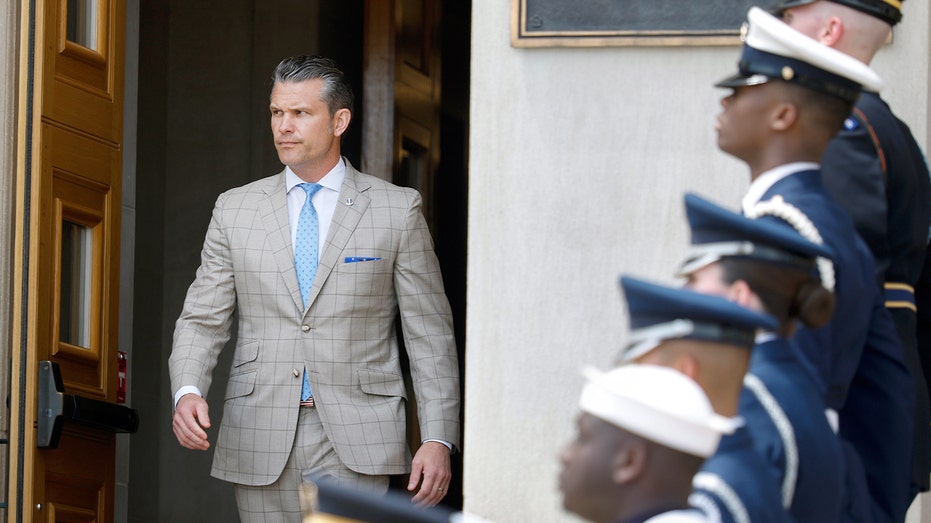A chilling shadow is falling over Venezuela. Reports indicate a dramatic surge in political repression, with the Maduro regime allegedly detaining 54 individuals in the past month alone – a stark escalation of control.
The crackdown appears strategically targeted, focusing heavily on activists connected to María Corina Machado, a Nobel Peace Prize nominee and a leading voice of opposition. This isn’t simply about silencing dissent; it’s a calculated move to dismantle the infrastructure of resistance.
Whispers circulating within Venezuela paint a disturbing picture. The regime, facing mounting internal pressure, is reportedly attempting to transform the population into a network of informants, fostering an atmosphere of pervasive fear and distrust.

The arrests aren’t isolated incidents. They represent a systematic effort to stifle any challenge to Maduro’s authority, effectively eroding the foundations of a free and democratic society. Each detention sends a clear message: opposition will not be tolerated.
This wave of repression comes at a critical juncture, as Venezuela grapples with a deepening economic crisis and widespread social unrest. The regime’s response isn’t to address the root causes of these problems, but to silence those who dare to speak out.
The implications extend far beyond Venezuela’s borders. This escalating crackdown raises serious concerns about the future of human rights and democratic principles in the region, and the potential for further instability.
The stories emerging from Venezuela are harrowing. Families are being torn apart, activists are disappearing, and the space for peaceful expression is rapidly shrinking. The situation demands urgent attention and a unified response from the international community.
The regime’s actions reveal a desperate attempt to cling to power, even at the cost of fundamental freedoms. This isn’t a battle for political dominance; it’s a struggle for the very soul of a nation.





